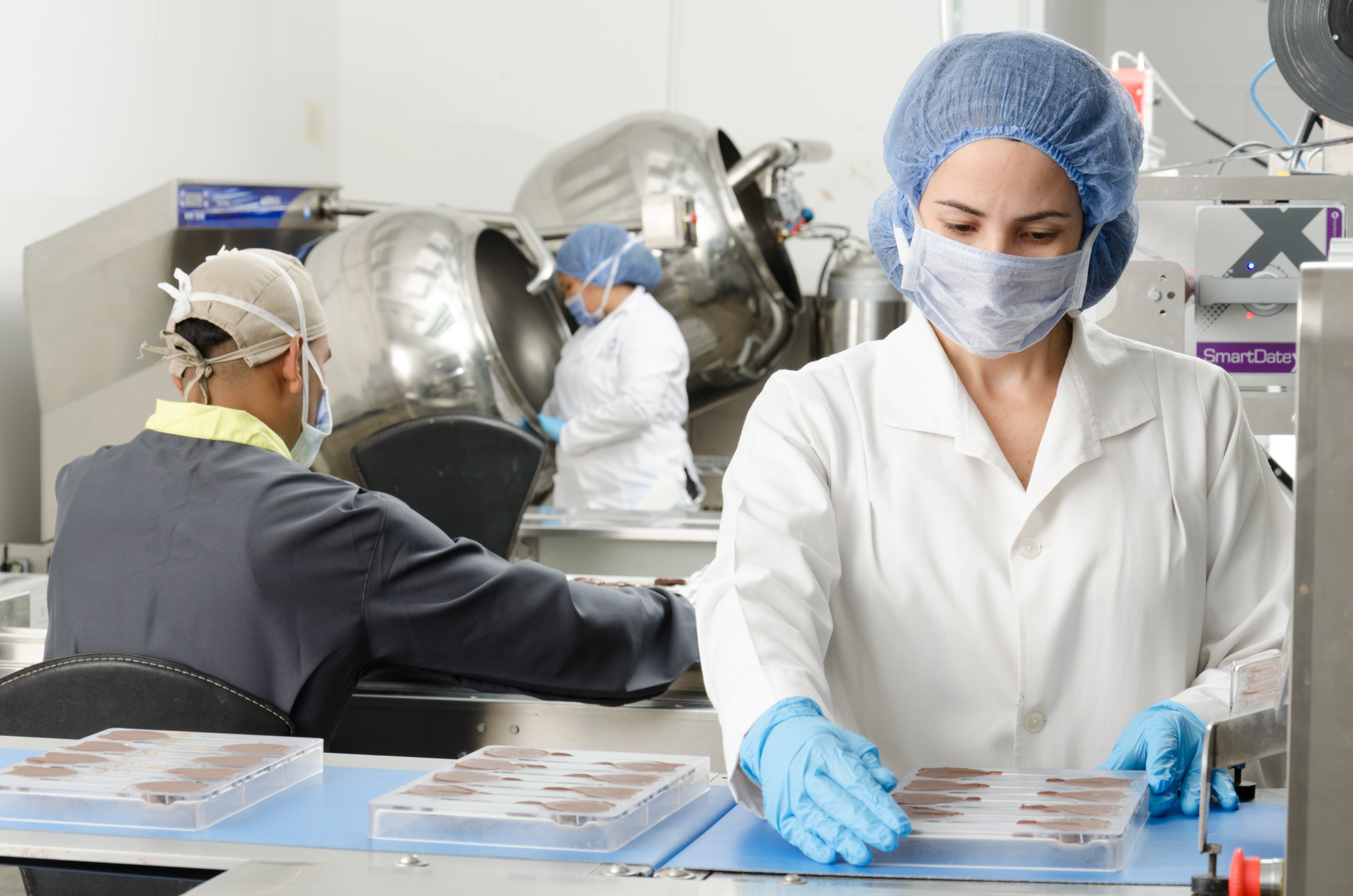
“This study confirms that efforts to find a single gene or handful of genes which determine depression are doomed to fail.”
Psychiatry and pharmaceutical companies have increasingly pushed the theory that depression has a biological, even genetic cause.
However, Science Alert online made this bold statement recently, “New research on depression has debunked decades of work that singled out individual genes responsible for the major mood disorder.”
When 620,000 people were analyzed across the US, researchers came up empty handed.. Geneticist Richard Border of the University of Colorado Boulder stated “This study confirms that efforts to find a single gene or handful of genes which determine depression are doomed to fail.”
In this same article it was remarked that this is “a massive blow for any clinical agencies hoping to create diagnostic tools and treatments based on the belief that depression is the result of something as simple as a few broken genes.” [1]
One wonders how serious researchers could suspect that certain “mood disorders” like anxiety and depression were the result of malfunctioning cell transport systems in the brain, after more than 2 decades of fruitless search in the area!
The answer may have more to do with the profitability of pharmaceutical drugs than scientific interest in the welfare of those suffering.
The Embarrassment of the Placebo Effect
In the late 1990s, a range of studies suggested that popularly prescribed antidepressants, when compared to placebos, did not seem to do much better. For a drug to get on the market, it merely has to beat the placebo. [2]
The Psychiatric Times made this startling statement, “In fact, the strength of the placebo response can be quite significant in several psychiatric disorders. Panic disorder is highly responsive to placebo, with a nearly 50% improvement in symptoms among patients assigned to that treatment strategy.” [3]
Perhaps psychiatric drugs are merely placebos with side effects, like the title of one Scientific American article suggests. [4]
Treating “Mental Disorders” without Medication
Lissa Rankin, MD, wrote an article in Psychology Today promoting some non-drug methods of handling depression. Many feel she is on the right track.
Her common sense advice consists of:
- Moving your body
- Not skipping meals
- Eating foods high in omega-3 fatty acids (For example, wild salmon, sardines, herring, mackerel, and anchovies )
- Exposing oneself to sunlight
- Eating a high protein diet
- Avoiding caffeine [5]
It’s also been shown that helping other people can raise one’s feelings of self-worth, thereby increasing happiness.
In a Mental Health America article, these suggestions were made to alleviate depression:
- Call a friend to see how she’s doing
- Serve your spouse breakfast in bed
- Let a car in front of you on the highway
- Smile at a stranger in the street
- Hold the elevator door for your co-worker
Volunteering and helping others is another suggestion made in this article. [6]
The Greater Good Magazine had some great advice. It is worth noting, especially for someone toying with the idea of taking pharmaceutical drugs to alleviate depression.
Author Elizabeth Hopper states, “…New research is providing more and more evidence that kind and helpful behavior causes us to feel that our lives are meaningful, and discovering what we can do to reap those benefits.” [7]
In an Medicine Net article, author Dennis Thompson states that a growing body of research “has found that ‘positive activity interventions’ — like helping someone with groceries, writing a thank you note or even counting your blessings — can serve as an effective, low-cost treatment for depression.”
Sonja Lyubomirsky, a psychology professor at the University of California, Riverside co-authored a paper on this subject.
She and her colleagues rigorously researched the therapeutic benefits of positive emotion, and “found widespread support for the notion that people with a tendency toward depression can help themselves by helping others or otherwise introducing positivity into their day-to-day lives.” [8]
It is interesting that the advice Grandma gave in the past must now be be “rigorously researched” to prove it true. Nonetheless, it is a positive sign that some in the profession of handling mental distress are looking at non-drug solutions at last.
[1] https://www.sciencealert.com/record-sized-genetics-study-rules-out-chances-of-a-depression-gene
[2] https://www.npr.org/sections/health-shots/2019/05/02/718744068/how-drug-companies-helped-shape-a-shifting-biological-view-of-mental-illness
[3] https://www.psychiatrictimes.com/addiction/understanding-and-using-placebo-effect
[4] https://blogs.scientificamerican.com/cross-check/are-antidepressants-just-placebos-with-side-effects/
[5] https://www.psychologytoday.com/us/blog/owning-pink/201103/11-natural-treatments-depression-md-s-tips-skipping-the-prozac
[6] https://www.mentalhealthamerica.net/help-others
[7] https://greatergood.berkeley.edu/article/item/can_helping_others_help_you_find_meaning_in_life
[8] https://www.medicinenet.com/script/main/art.asp?articlekey=153210

0 Comments